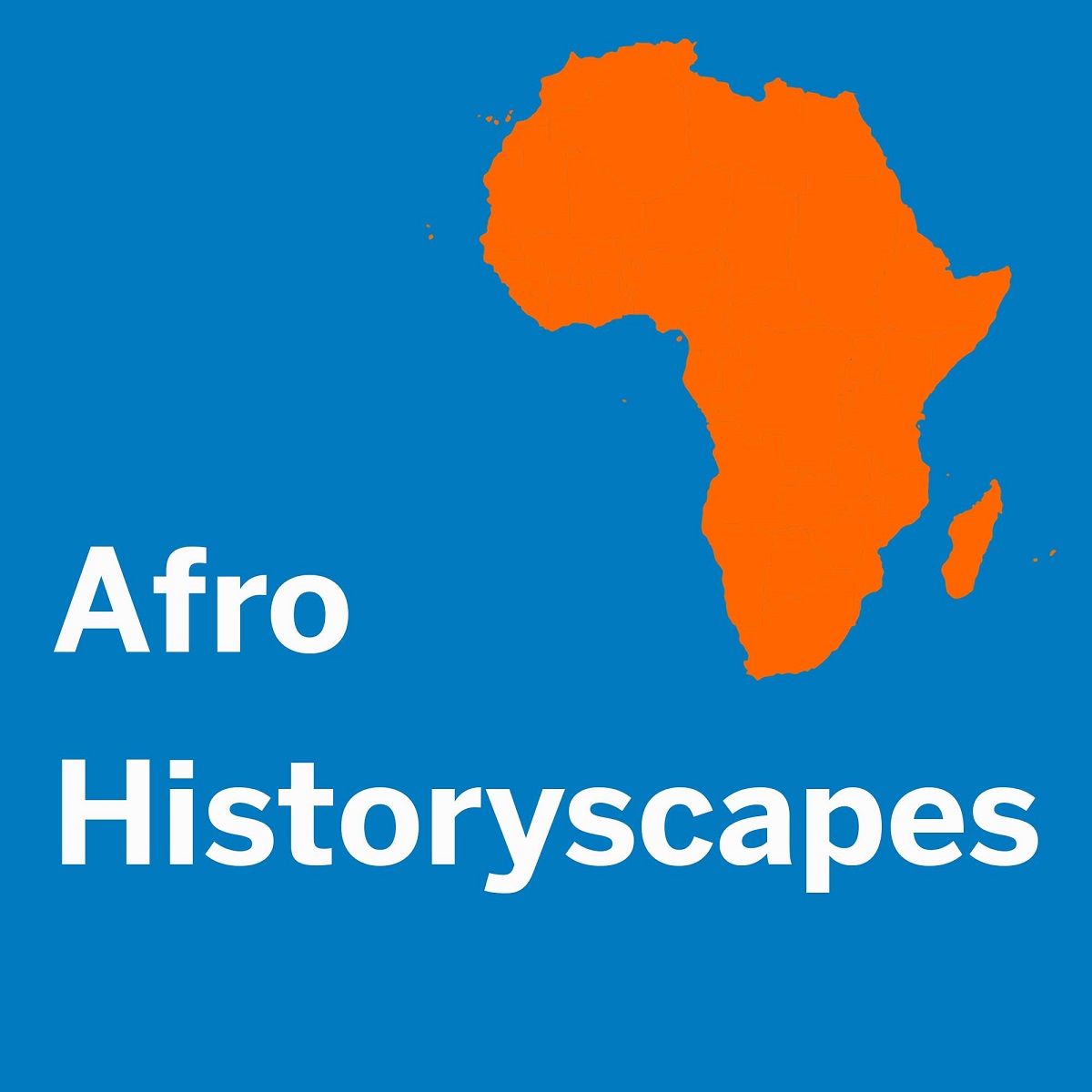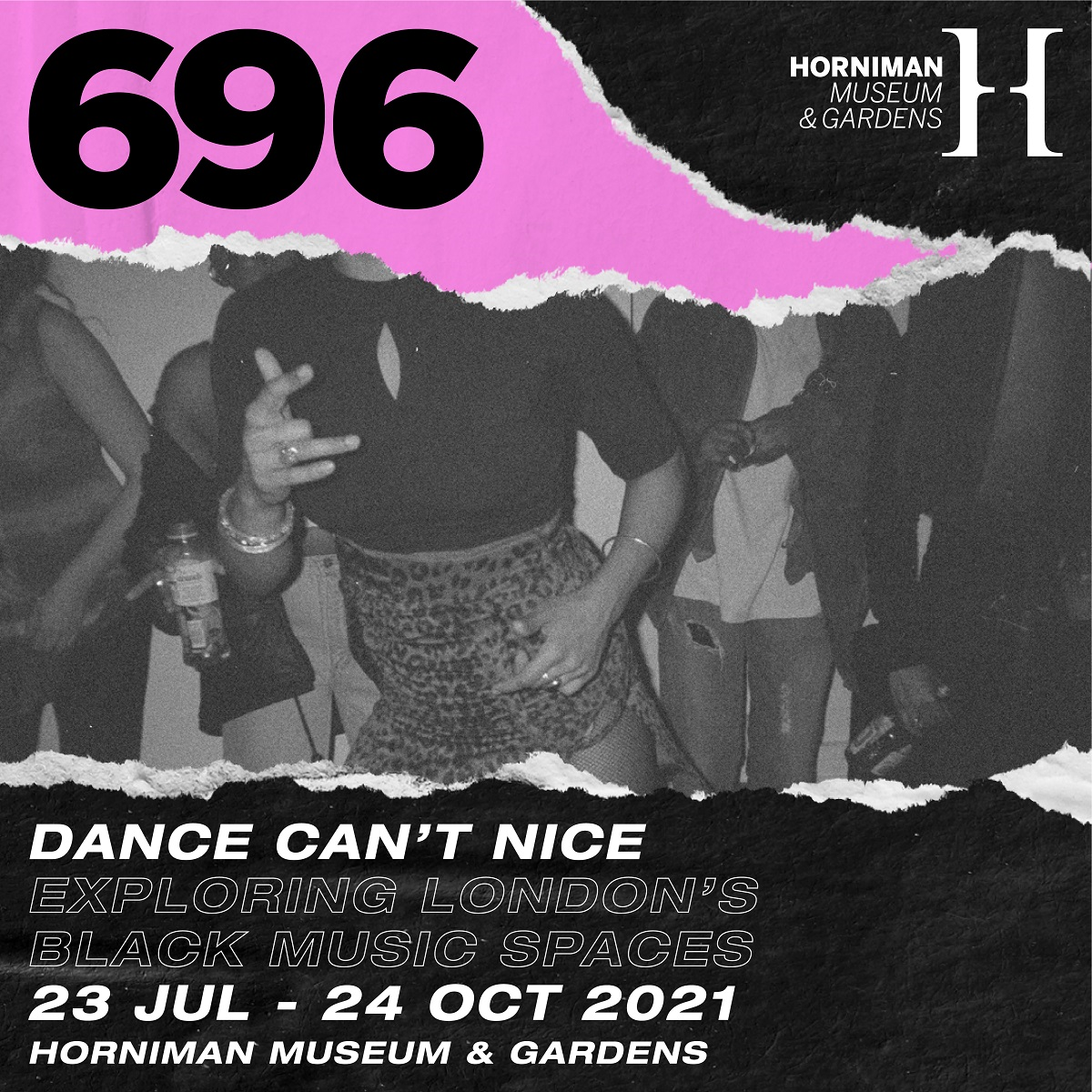The global COVID-19 pandemic stopped many of the activities which the Horniman Museum and Gardens had planned for 2020, when, like many cultural organisations, we had to close to visitors. But behind these closed doors our work continued, based on the priorities of our Reset Agenda, which seeks to address long-standing issues of racism and discrimination within our history and collections and attract a more inclusive audience and workforce that better reflect the diversity of the London population.
More than a year later, we have seen Black History foregrounded in our permanent gallery, our temporary exhibition space, our performance venues and our online spaces. Explore details of our 2021 programme - which spans a multitude of stories, including pre-colonial and colonial African history, and more recent Black British history - below.
Displays and exhibitions - Nigeria60, a collaborative perspective
Our Nigeria60 display should have opened during Black History Month last year, to mark the 60th anniversary of Nigerian Independence on 1 October 2020. The display sits at the heart of our World Gallery, and finally opened in May 2021, when the museum reopened to the public. Created in collaboration with designer and artist Alafuro Sikoki-Coleman, the display features the Horniman’s collection from 1960s Nigeria, and objects collected by Sikoki-Coleman from the same period.
It is part of a wider conversation at the Horniman focusing on the way memories of Nigerian independence are imprinted in the present through objects, images, and words. This conversation continued throughout the pandemic in the form of Instagram discussions, supported by Art Fund, around photographs of Nigerians in Nigeria and the UK in the 1960s, led by Oluseyi Awolesi, in conversation with historians Amanda Kirby Okoye and Emeka Keazor, poet Yomi Sode, and ASIRI Magazine; a series of online conversations between Dr Yewande Okuleye and influential Nigerians who work with Nigerian culture and heritage, focusing on poetry, music, art, theatre and food; and conversations about the future of the Nigerian collections at the Horniman, linking with the Rethinking Relationships project.
Senior Curator of Anthropology Johanna Zetterstrom-Sharp, says: ‘Nigerian independence could never be represented by the museum alone. This was an opportunity to collaborate with and learn from a range of transnational Nigerian artists, researchers and creatives to develop an exciting programme of conversations about independence 60 years on, in the gallery and online.’
Podcasts to engage audiences with Black History
In addition to this work, The Community Action Research: African and Caribbean Collections (CAR) project supported members of diaspora communities to investigate the Horniman collections. Project lead JC Niala says: ‘Originally conceived as an in-person project, CAR was adapted due to lockdown and ran as a virtual project instead. But in fact this proved to be an advantage. It allowed us to reach people who might otherwise not have been able to be involved – so it’s fitting to share the outcomes now, in a podcast which can be listened to from anywhere in the world’.
.png)


